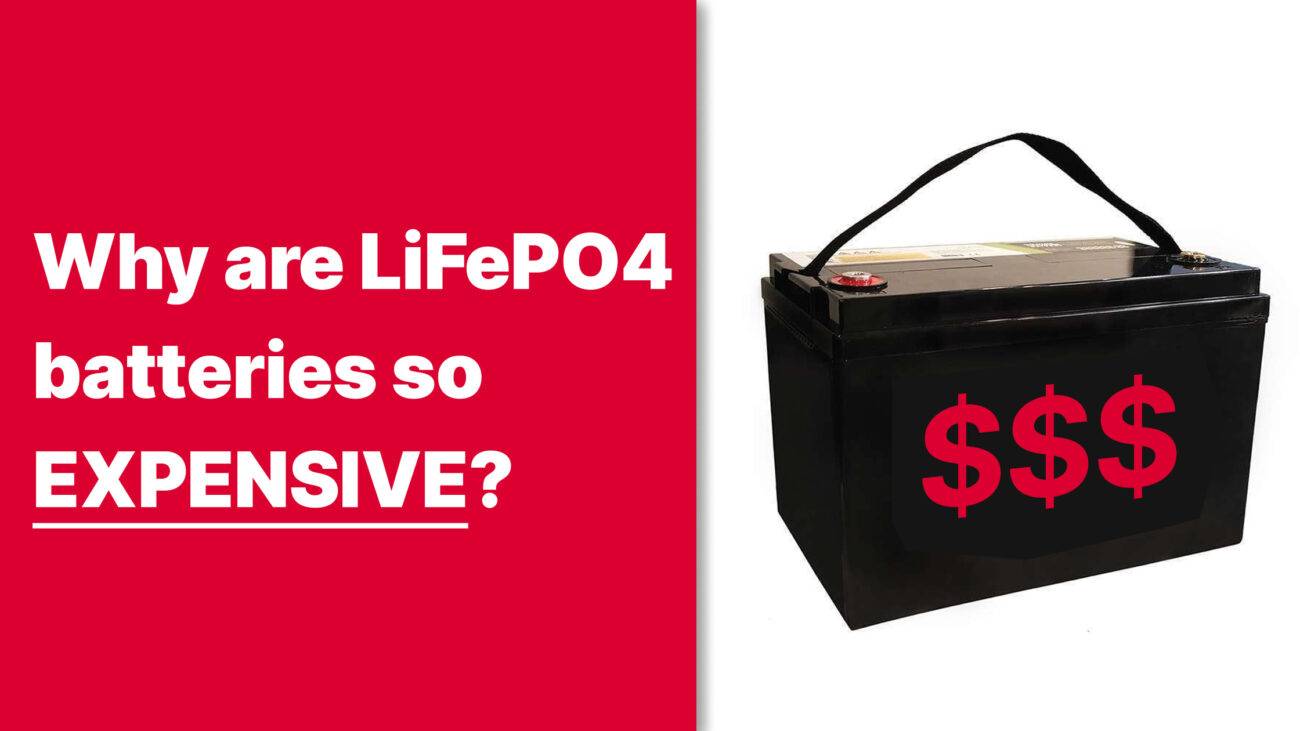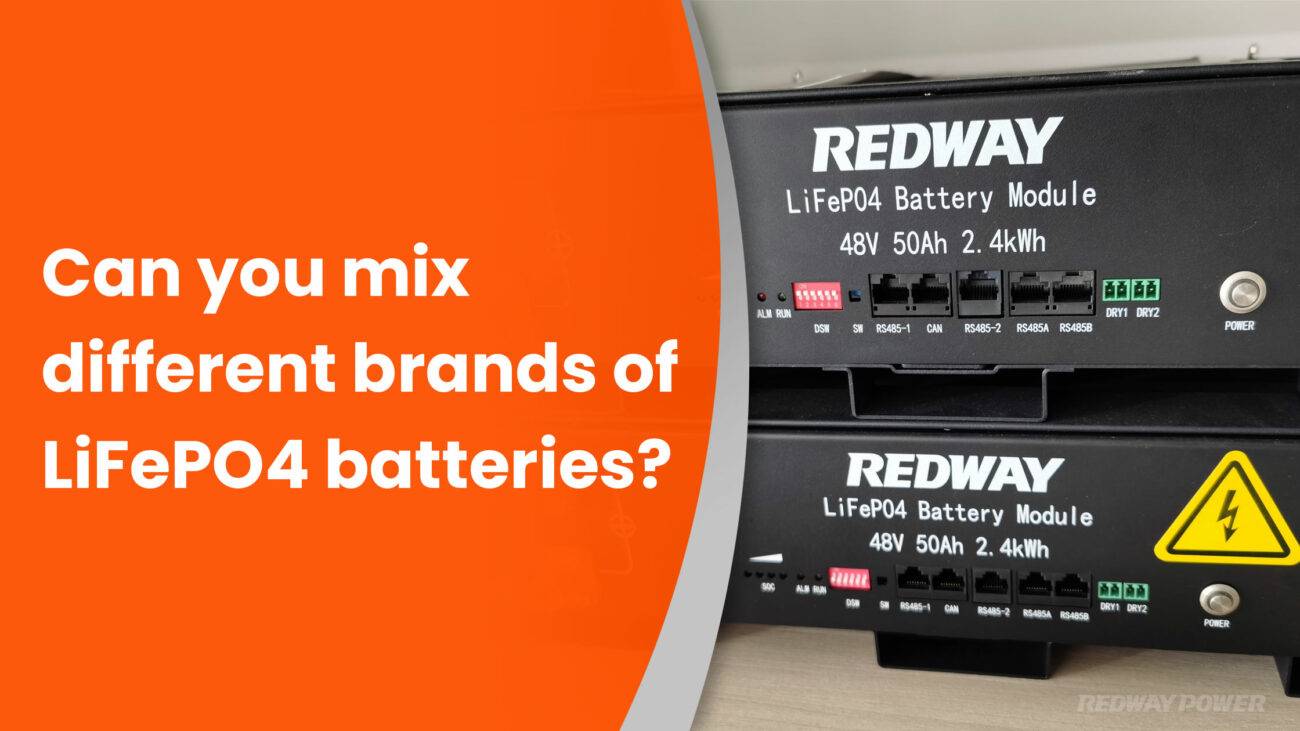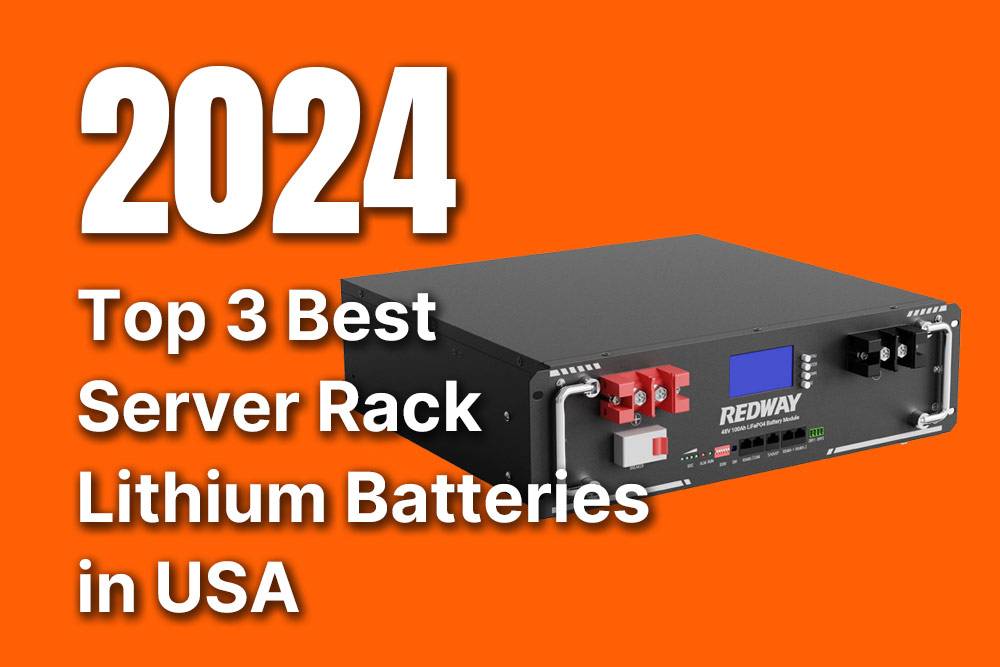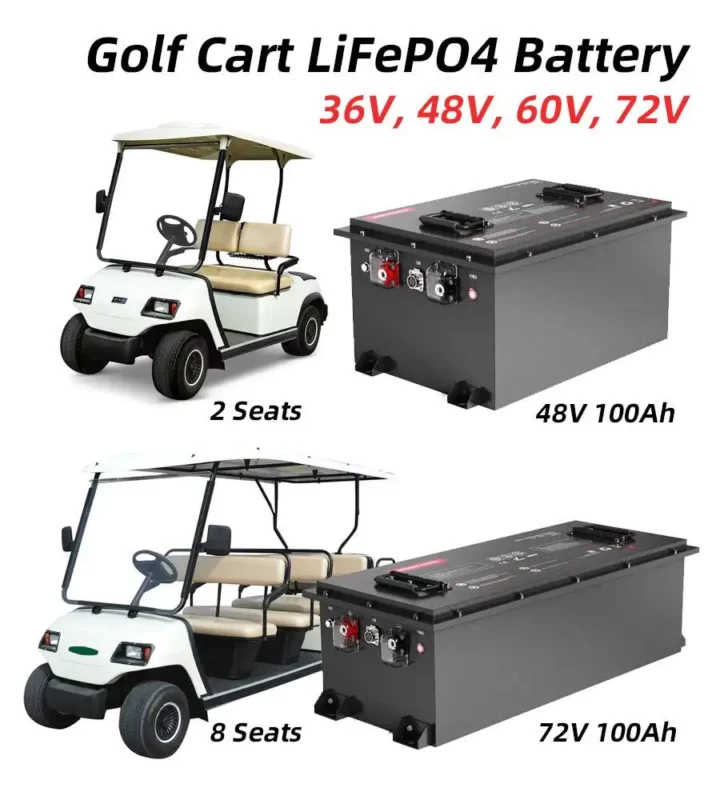
Blog
How to Choose Compatible Solar Batteries for Jayco RVs
How to Choose Compatible Solar Batteries for Jayco RVs
Selecting compatible solar batteries for Jayco RVs involves evaluating battery type (lithium vs. lead-acid), capacity (Ah), voltage (12V or 6V), size, weight, and cycle life. Lithium batteries, like LiFePO4, are ideal for efficiency and longevity. Ensure compatibility with your RV’s solar system, charge controller, and energy needs. Brands like Battle Born, Renogy, and Redway offer models tailored for RVs.
Lithium LiFePO4 Forklift Batteries China Factory Wholesale
What Types of Solar Batteries Work Best with Jayco RVs?
Lithium-ion (LiFePO4) batteries are optimal for Jayco RVs due to their lightweight design, high energy density, and 3,000–5,000 cycle lifespan. Lead-acid batteries (AGM or gel) are cheaper but heavier and less efficient. Lithium batteries maintain consistent voltage, charge faster, and handle deep discharges, making them ideal for off-grid travel. Redway’s 12V 100Ah LiFePO4 battery is a popular choice for Jayco owners.
How to Calculate Energy Needs for Your Jayco RV Solar System?
Estimate daily energy consumption by summing the watt-hours of all appliances (e.g., fridge = 150W x 24h = 3,600Wh). Divide by system voltage (12V) to get amp-hours (Ah). For a 3,600Wh load, 300Ah batteries are needed. Include a 20–30% buffer for inefficiencies. Use a solar charge calculator or consult Redway’s RV energy audit guide for precise sizing.
To refine your calculations, consider seasonal variations in energy usage. For example, air conditioning in summer or heating in winter may increase consumption by 25-40%. Solar panel efficiency also plays a role—cloudy days might only provide 30% of rated output. A 400W solar array typically generates 1,600-2,000Wh daily in optimal conditions. Pair this with a battery bank that covers 1.5 days of autonomy for reliable off-grid power.
Lithium LiFePO4 RV Batteries China Factory
| Appliance | Wattage | Daily Usage (Hours) |
|---|---|---|
| RV Fridge | 150W | 24 |
| LED Lights | 10W | 5 |
| Water Pump | 60W | 2 |
Which Solar Charge Controllers Are Compatible with Jayco RV Batteries?
MPPT charge controllers, like Victron Energy SmartSolar or Renogy Rover, maximize solar input for lithium and lead-acid batteries. Ensure the controller’s voltage (12V/24V) matches the battery bank and can handle the solar array’s max current. For a 400W system, a 40A MPPT controller is ideal. Redway’s 50A MPPT controller supports lithium batteries with Bluetooth monitoring.
Why Is Lithium-Ion Preferred Over Lead-Acid for Jayco RV Solar Systems?
Lithium-ion batteries offer 95% efficiency vs. 80% for lead-acid, faster charging, and double the usable capacity. They last 8–10 years (vs. 3–5 for lead-acid) and weigh 60% less. Lithium handles 100% depth of discharge without damage, while lead-acid degrades beyond 50%. Redway’s lithium models include built-in BMS for safety and temperature resilience.
How to Install Solar Batteries in a Jayco RV Safely?
Disconnect power sources, wear insulated gloves, and secure batteries in ventilated, non-metallic trays. Use marine-grade cables for connections, and fuse circuits within 18 inches of the battery. Ground the system to the RV chassis. Follow Redway’s installation manual for wiring diagrams. Lithium batteries require no venting, simplifying setup compared to lead-acid.
What Are the Maintenance Requirements for RV Solar Batteries?
Lithium batteries need minimal maintenance—avoid extreme temperatures and keep charge between 20–80% for storage. Lead-acid requires monthly voltage checks, terminal cleaning, and distilled water refills. Use a battery monitor (e.g., Victron BMV-712) to track health. Redway recommends annual professional inspections for optimal performance.
For lithium batteries, periodic firmware updates (if applicable) and checking Bluetooth connectivity for monitoring systems are advised. Lead-acid users should inspect electrolyte levels every 2-3 months and equalize charges quarterly. Always store batteries in a climate-controlled environment—lithium performs best between -4°F to 140°F, while lead-acid should stay above 32°F to prevent freezing.
| Task | Lithium | Lead-Acid |
|---|---|---|
| Voltage Checks | Every 6 months | Monthly |
| Terminal Cleaning | Annual | Quarterly |
| Water Refills | Not required | Monthly |
Can You Mix Different Battery Types in a Jayco RV Solar System?
Mixing lithium and lead-acid batteries is not recommended due to differing charge profiles and voltages, which reduce efficiency and lifespan. If unavoidable, use a dual-input charge controller (e.g., Kisae DMT1250) to manage separate banks. Redway advises using identical battery models and ages for series/parallel configurations.
“Jayco owners switching to lithium batteries see 40% more usable energy and 70% weight reduction. Always pair batteries with a solar charge controller that supports lithium’s higher absorption voltage. Redway’s modular lithium systems let users scale capacity as needs grow.”
— Redway Power Systems Engineer
Conclusion
Lithium-ion batteries, particularly LiFePO4, are the superior choice for Jayco RVs due to their efficiency, longevity, and weight savings. Proper sizing, MPPT controllers, and adherence to safety protocols ensure reliable off-grid power. Brands like Redway provide tailored solutions with advanced monitoring, making solar integration seamless for RV enthusiasts.
FAQs
- How Long Do Solar Batteries Last in an RV?
- Lithium batteries last 8–10 years (3,000–5,000 cycles), while lead-acid lasts 3–5 years (500–1,000 cycles). Usage patterns and maintenance impact lifespan.
- What Size Solar Battery Do I Need for a Jayco RV?
- A 300Ah lithium battery (3,600Wh) powers a medium RV fridge, lights, and devices for 24 hours. Calculate based on your appliance watt-hours.
- Are Solar Batteries Waterproof?
- Most RV solar batteries are water-resistant (IP65) but not submersible. Install in dry compartments. Redway’s lithium models have IP67 rating for damp conditions.












